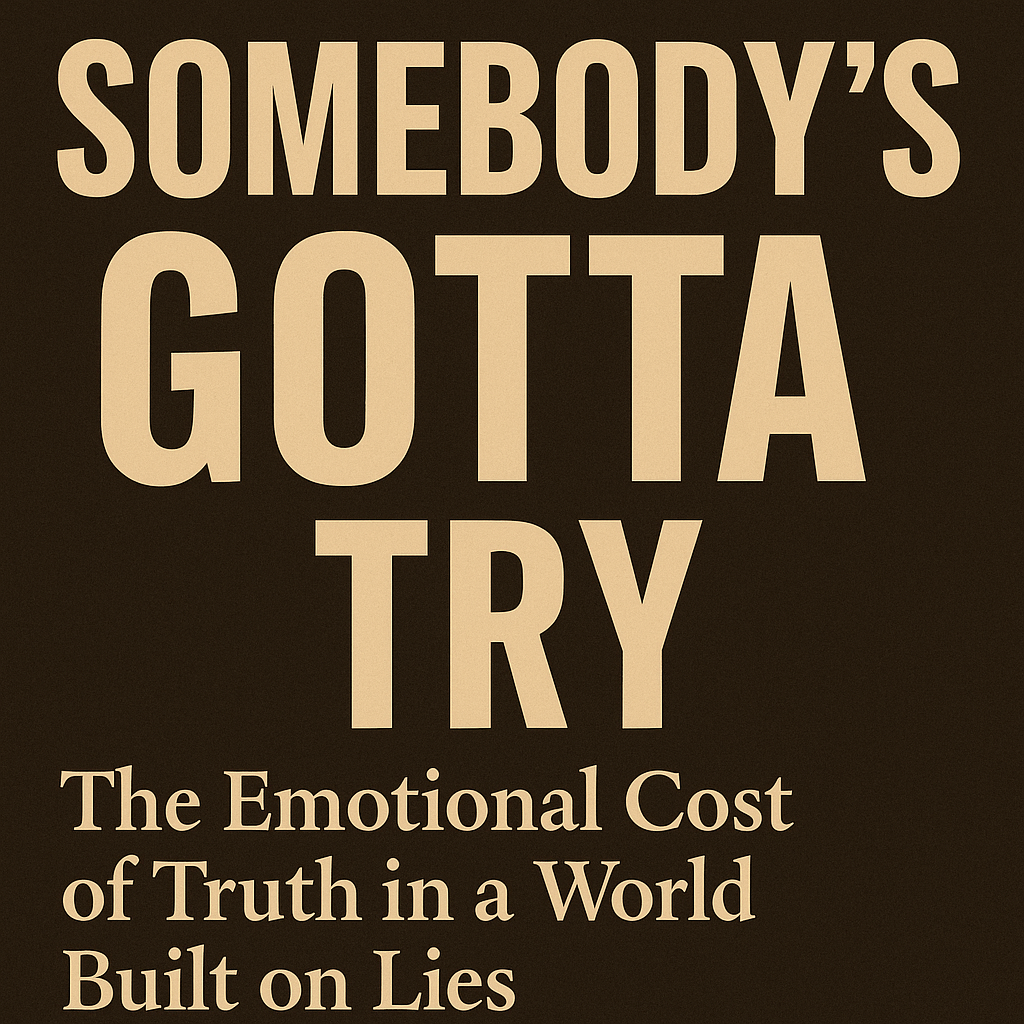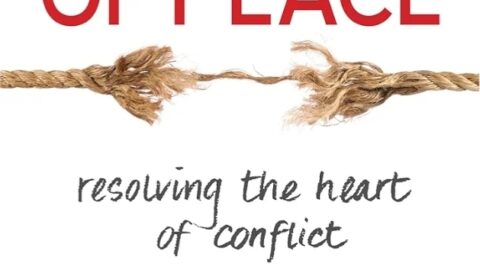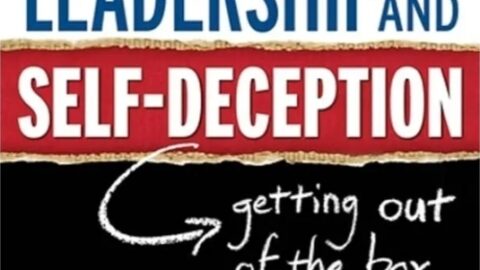A Case Study from the 1991 Film JFK
In a world dominated by illusion and institutional control, telling the truth is not just dangerous—it is isolating, costly, and deeply personal. In Oliver Stone’s JFK (1991), a fictionalized account of District Attorney Jim Garrison’s investigation into the assassination of John F. Kennedy, we are given one of the most poignant portrayals of what it really costs to confront the lies that govern our world—not through a courtroom drama or a murder scene, but through a collapsing marriage.
This scene between Jim Garrison (Kevin Costner) and his wife Liz (Sissy Spacek) isn’t just a domestic quarrel; it’s the emotional battlefield where truth collides with fear, and where love is tested by conscience.
Here are 16 hard truths this scene reveals.
1. The Threat Is Real and Intimate
When a mysterious caller asks for details about their daughter, Liz realizes their family is no longer adjacent to danger—it is inside their home. This isn’t abstract politics; it’s a psychological assault aimed at silencing dissent through fear.
2. The Family Breaks First
Liz announces she’s leaving with the children—not because she doesn’t love Jim, but because she no longer feels safe. This is the first institution to collapse when someone challenges the empire: the home.
3. Fear Is the Real Weapon
Jim explains, “The government wants everybody to be scared.” That’s how power maintains control—not always through violence, but through strategic intimidation that discourages truth-tellers by threatening what they love most.
4. In Pursuit of Truth, We Often Abandon Presence
Liz reveals that Jim hasn’t been emotionally present for their children. He’s consumed by the truth. In seeking to protect future generations from lies, he’s neglecting the present generation’s needs.
5. Compromise Comes Too Late
Jim offers to beef up security, spend more time with the kids, get a bodyguard. But it’s too late. His family is already traumatized, and temporary reassurances can’t undo deep cracks.
6. The Awakening Changes You
“I’ve changed. My eyes have opened.” Jim sees now what he never saw before: the depth of institutional corruption. Once awakened, you can’t unsee. You either speak or you comply.
7. The Awakened Always Seem Crazy
“You don’t look normal anymore,” Liz says. That’s because truth looks insane in a world built on lies. People prefer the comfort of illusion, and so the person who exposes reality becomes a threat.
8. Moral Motives Are Misunderstood
Liz accuses Jim of targeting Clay Shaw because he’s gay. But Jim insists it’s not about sexuality—it’s about treason and conspiracy. Still, the system and even loved ones will mischaracterize your motives to discredit your message.
9. Isolation Is the Default
“You never believed me,” Jim says. He is not just fighting the government. He is fighting the incredulity of his own household. Awakening is lonely. Isolation is inevitable.
10. Everyone Wants a Normal Life—But It’s Gone
Liz says she just wants normalcy. Jim agrees. But he knows that normal was built on lies—and pretending to go back would mean betraying everything he now knows.
11. Righteous Anger Is Misunderstood
Jim isn’t angry because he’s crazy. He’s angry because he sees the system is condemning our children to grow up in a culture of deceit. He doesn’t want more TVs—he wants moral clarity.
12. Social Ostracism Comes Next
“You’re getting plenty of people to say you’re crazy,” Liz warns. Once you speak truth, you lose your social credit. Friends disappear. Neighbors whisper. Respect evaporates. All part of the cost.
13. Even Your Home Will Turn on You
“Go fill out your divorce papers.” When the system wants to break a truth-teller, it doesn’t start with assassinations. It starts with division, exhaustion, and emotional sabotage.
14. The Children Still Deserve the Truth
Despite the chaos, Jim tells his son Jasper, “There’s nothing wrong with being scared. But knowing the truth can be scary.” He teaches his son that fear is no excuse for ignorance.
15. You Lose Everything Before You Win
His wife leaves. The media attacks. The government blocks subpoenas. But Jim Garrison still keeps going—because he knows that if he quits, the lie wins forever.
16. The System Protects Itself
Even Garrison’s legal authority is powerless. The Justice Department refuses to serve subpoenas on CIA officials and FBI agents. The truth is clear: power protects power, and no law will be allowed to dismantle that fortress.
Summary: The Truth Doesn’t Just Hurt—It Costs
Jim Garrison embodies the existential hero: awakened, isolated, rejected, and relentlessly committed.
He loses comfort, reputation, and family peace—but he refuses to surrender.
Because in a world built on lies, telling the truth is a revolutionary act.
“Somebody’s gotta try. God damn it—somebody.”
We all want someone to do the hard thing. But when that someone becomes us, the test is this:
Will we retreat to safety…
…or step forward into the storm, knowing what’s at stake?
Below is a point-by-point breakdown of the emotionally charged domestic scene between Jim Garrison and his wife Liz in Oliver Stone’s JFK (1991). This scene is pivotal not for advancing the investigation itself, but for exposing the psychological cost of pursuing truth in a world designed to punish dissent.
This dialogue showcases the emotional tension between duty and family, fear and courage, and the breakdown of personal relationships under the pressure of institutional resistance and existential danger.
Point-by-Point Analysis: “The Family Cost of Truth” – Garrison’s Domestic Breakdown Scene in JFK (1991)
By Liberty Advocate
1. The Threat Is Real—and Personal
“A man just called. He wanted to know everything—her height, her weight… Your daughter’s life’s just been threatened.”
The scene opens with Liz informing Jim that someone—likely from the intelligence or criminal underworld—has phoned their home to gather information on their daughter.
This makes it crystal clear: the threat is no longer abstract or political—it’s personal and chilling.
2. Liz Is at Her Breaking Point
“I’m leaving. I’m taking the kids. I can’t stand it anymore.”
She’s not being dramatic—she’s traumatized. Her husband’s pursuit of the JFK assassination has turned their home into a target zone, and she no longer feels safe or supported.
3. The Fear Is the Point
“The government wants everybody to be scared to speak out. They count on it.”
Jim tries to explain that fear is the tool of authoritarianism—it paralyzes the public and silences dissent. This is how conspiracies survive: through terror and intimidation.
4. Garrison Has Been Distant from His Children
“Jasper tried to talk to you. You didn’t even notice. He came to me bawling his little eyes out.”
In his obsession with truth and justice, Garrison has neglected his children, and Liz calls him out. The irony is devastating: a man fighting for truth on a national scale is losing the small battles at home.
5. Garrison Offers Concessions—but It’s Too Late
“I’ll spend more time with him. I’ll get a bodyguard. I’ll secure the phones.”
These are desperate promises made by a man trying to hold both worlds together—his duty to the country, and his duty to his family. But Liz is no longer convinced he can do both.
6. Garrison’s Eyes Have Opened
“I’ve changed. My eyes have opened.”
Jim recognizes that he’s changed—but not in a bad way.
He’s awakened to how power truly operates, and while Liz sees him as increasingly obsessed or paranoid, he sees himself as liberated from illusion.
7. Liz Thinks He’s Going Insane
“You don’t look normal anymore.”
Her concern is genuine: she thinks Jim is losing his grip on reality. She represents the average citizen’s reaction to radical truth—that it sounds insane when compared to the comfortable lie.
8. Jim Is Accused of Attacking a Man for Being Gay
“You’re attacking him because he’s a homosexual.”
Liz implies that Garrison’s prosecution of Clay Shaw may be motivated by bigotry. Jim refutes this, insisting his motives are legal and moral, not personal or prejudiced.
9. Liz Has Never Truly Believed Him
“You never believed me.”
Garrison recognizes the lack of emotional support from his wife throughout his ordeal. He doesn’t expect blind loyalty—but her skepticism cuts deep, and reveals how isolated he truly is.
10. She Wants a “Normal Life”—So Does He
“I want a normal life.” / “So do I, god damn it. I had a life.”
Both of them mourn what they’ve lost: comfort, peace, domestic happiness.
But Garrison knows the world they were living in was based on lies, and he refuses to return to ignorance.
11. Garrison’s Righteous Anger
“It’s not about TVs and two cars—it’s about our kids growing up in a world of lies!”
He’s not fighting for ego or ambition. He’s fighting so his children inherit truth, not deception. His anger is not selfish—it’s righteous.
12. Liz Accuses Him of Sounding “Crazy”
“You’re getting plenty of people to tell you you’re crazy.”
She warns that the public, the press, even his friends are turning on him.
Garrison is becoming socially radioactive, and Liz sees it as proof he’s lost himself.
13. He Feels Abandoned—and Stabbed
“Go join the rest of them. Fill out your divorce papers.”
Jim lashes out in pain, seeing Liz’s rejection as a betrayal on par with the public turning against him. The loneliness of a truth-teller is laid bare.
14. Garrison Tries to Reach His Son
“There’s nothing wrong with feeling scared, Jasper. But the truth can be scary.”
Garrison, trying to comfort his child, communicates one of the central messages of the film:
Knowing the truth is painful, but suppressing it is more dangerous.
15. His Family Leaves—but He Keeps Going
“Stay with my mom.”
Liz agrees to leave with the children—but it’s a reluctant truce, not reconciliation.
Jim’s war is now both external and internal. He loses peace at home to wage war on deceit in the world.
16. The Subpoenas Are Blocked—Power Protects Itself
“U.S. Attorney in Washington declined to serve our subpoenas on Allen Dulles, Charles Cabell, Richard Helms.”
Even in his official duties, Jim is being stonewalled by federal power.
His family is collapsing. His evidence is suppressed. His subpoenas are ignored.
The deeper truth? The system protects its own—because it was built to.
Conclusion: The Moral Cost of Speaking the Truth
This scene isn’t about a marriage—it’s about the price of moral courage in a system built on lies.
Jim Garrison isn’t portrayed as a perfect man—but as a man awakened, a man torn between his duty to his country and his love for his family.
His tragedy is that in choosing truth, he loses peace.
But his victory is that he chooses it anyway.
“Somebody’s gotta try. God damn it—somebody.”
This line is the spiritual heartbeat of JFK—a call to action that still matters today.







